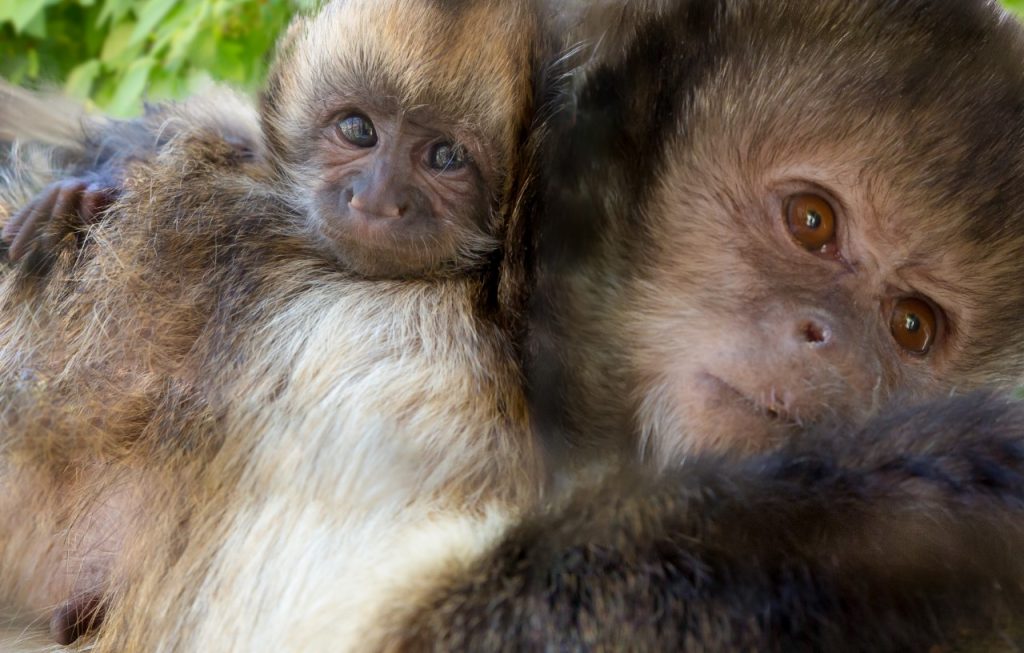Why diets matter and are key to understanding ancient and modern ecosystems
Citation
DeSantis LRG. 2023. Why diets matter and are key to understanding ancient and modern ecosystems. In Brooks M, Fidgett A, Kendrick E, Treiber K Eds. Proceedings of the Fifteenth Conference on Zoo and Wildlife Nutrition, Zoo and Wildlife Nutrition Foundation and AZA Nutrition Advisory Group, Hybrid.
Abstract
Animals eat to live, with diet influencing an animal’s habitat, foraging or hunting behaviors, movement patterns, and even reproduction. The DeSantis DREAM (Dietary Reconstructions and Ecological Assessments of Mammals) laboratory’s research program is aimed at clarifying how past climate change has affected mammalian communities and their floral environments—through the lenses of animal diets. We aim to ask questions relevant to conservation biologists and answer those questions by integrating ecological, macroecological, geochemical, dental microwear, and morphological tools used to study deeper-time records than are normally available to neontologists. With a focus on the Late Pleistocene, DeSantis will discuss ways in which mammals have responded to changing climates through the analysis of mammalian teeth. Results demonstrate dramatic dietary responses to changing climates and the extinction of megafauna. In Australia, increased aridification likely stressed some of the largest mammals and contributed to their eventual extinction. Dietary data of living, historic, and fossil specimens can also help provide direction as to how to manage mammalian species best. For example, generalist mammalian herbivores need opportunities to individually specialize, while some perceived habitat specialists have much broader niches and may thrive in habitats/regions not currently occupied. The non-invasive study of zoo animals (e.g., analysis of provisioned food, discarded scat, and fur clippings) can also provide important insights into reconstructing the dietary ecology of ancient and modern mammals of direct relevance to modern conservation.
 06_DeSantis.pdf 10 KB
06_DeSantis.pdf 10 KB








